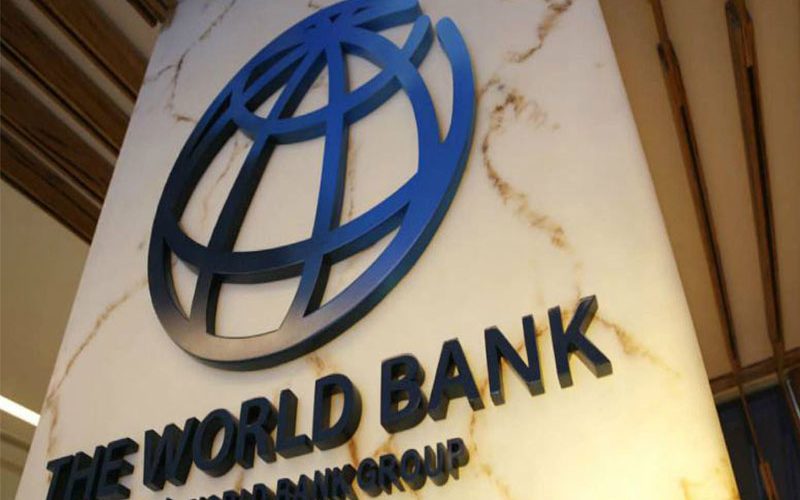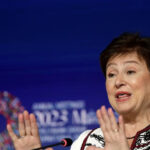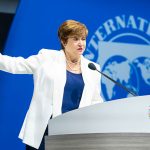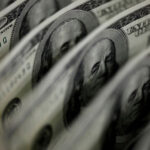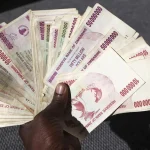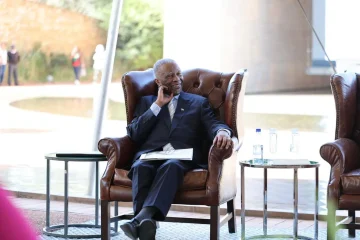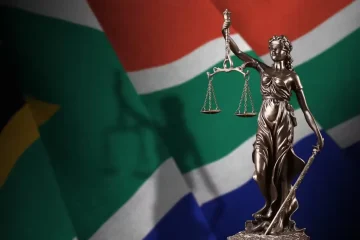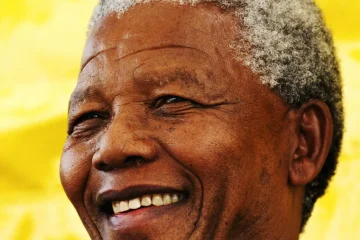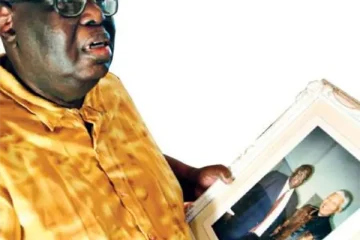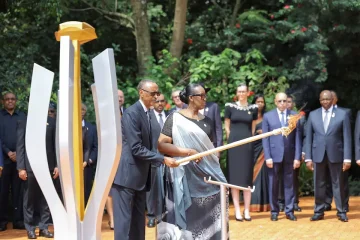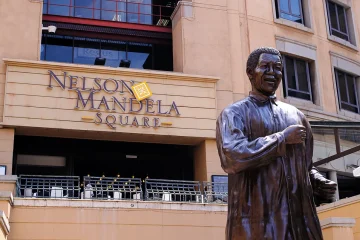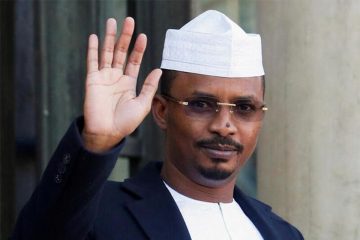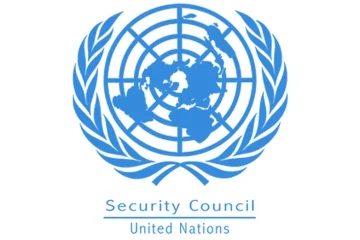THE managing director of the International Monetary Fund (IMF), Kristalina Georgieva, stated the obvious at a California conference when she lamented the gradual decline of the US dollar in global trade.
Addressing the 2023 Milken Institute Global Conference in the US this week, she said: “There has been a gradual shift away from the Dollar, it was 70% of (world) reserves, now it is slightly under 60% .”

Well, the writing has been on the wall for a long while. The US dollar is certainly losing its once unassailable dominance as a kind of an omnipotent world’s main reserve currency.
Here’s my perspective: The weaponization of the US dollar in geopolitics has been a constant aberration that unsurprisingly seems to be finally reaching a cul de sac.
Perhaps in the beginning it wasn’t a bad idea by the protagonists who bore the foresight to position the dollar as the world’s reserve currency. But then, generations come and go, and people do have a propensity to change – for better or for worse.
Throughout the world’s contemporary history, a series of US administrations – irrespective of whether it’s Republicans or Democrats – have armed themselves with the power to wrap the dollar in strict terms of the US national legislation. To this end, wherever the dollar is a currency in any transaction, the users could fall foul of the US law and accordingly punished under the US laws.
The status of the US as the world’s only remaining superpower since the collapse of the Soviet Union and the end of the Cold War at the turn of the 90s has further emboldened the US authorities to use the dollar as a geopolitical tool against its adversaries – perceived or real.
As if that was not enough, the global markets are not only dominated by the lending power of the IMF. The World Bank is another in the US arsenal. Together, the world’s two lenders ensure that through their lopsided made-in-Washington policies, the US hegemony remains intact. The emergence of the China-based BRICS Banks is a breadth of fresh air. And, although this BRICS Bank caters primarily for the needs of the BRICS member-states (Brazil, Russia, India, Chin and South Africa), it is destined to grow competitively against the two US banks. The unfolding de-dollarization of the global markets is in part thanks to BRICS countries. As a rule, the US dollar is an unwelcome currency in BRICS business dealings. Member-states trade rather in their own country-to-country currencies instead of the US dollar.
At the moment, BRICS countries are in discussions regarding a “new currency” to replace the US dollar in global trade.
A top Russian legislator, Anatoly Aksakov, who is also Chairman of the State Duma Committee on the Financial Market, said that the BRICS nations were negotiating “how the new currency will function”. The agreement is expected to be reached by the end of the year. Speculation is rife that the matter could feature prominently at the August BRICS Heads of State summit scheduled to take place in South Africa.
The new BRICS currency is expected to be backed, among others, by gold and other precious metals and assets.
The US is notorious for its practice of unilateral imposition of economic sanctions against its geopolitical opponents. In fact, any country that pushes back the US foreign policy objectives can expect to be made an example of.
Aksakov told a conference organised by Russia’s Parliamentary Newspaper that “American sanctions have gone too far”.
He elaborated: “By linking its economy and currency to politics, the United States is effectively undermining its dominance. I am confident that the dollar’s share of global trade will continue to fall.”
So far, BRICS countries collectively account for more than 40% of the world’s population. This makes BRICS even more legitimate as a true representative of the people.
Furthermore, BRICS is expected to expand this year. According to SA’s BRICS ambassador, Anil Sooklal, “19 more countries worldwide are interested in joining the strategic BRICS bloc”. The August BRICS summit could see a number of countries that have applied to join BRICS approved. They include Turkey, Egypt, Saudi Arabia, Argentina, Iran and Indonesia.
All the BRICS member-states have a combined nominal GDP of US28.06 trillion US dollars. This is about just over 26% of the gross world products.
Among other BRICS initiatives are: the New Development Bank, the Contingent Reserve Arrangement, the BRICS payment system and also the BRICS Joint Statistical Publication.
The latest example in the BRICS-led de-dollarization of global trade has been demonstrated recently by China. Beijing executed its first Liquefied Natural Gas (LNG) trade and used the Yuan instead of the dollar. Similarly, Russia has traded strictly in rubles in the sale of its gas, oil and other commodities.
Indeed, the days of the World Bank and the IMF imposing US-approved economic policies on any of the bank’s 190 member countries are numbered. One of the stated key objectives of the IMF is to “discourage policies that would harm prosperity”. This is where ideological differences emerge. It means that countries with a political posture that is regarded lowly by the West can only be assisted on condition to switch from the ideology to the IMF’s whims.
In the final analysis, the World Bank and the IMF, as Washington’s smoking guns – can no longer continue to pretend to be apolitical. Their cover has long been lifted. Washington’s long tentacles that meddle in other countries’ affairs, sometimes packaged as “assistance”, can no longer fool all the people all of the time.
A multipolar world order deserves financial institutions that are truly independent, not the dubious IMF and World Bank that plays pro-West games with the plight of millions of people across the global south, where persistent hardships and poverty are the consequences of colonialism.

